Advertisement
Best Foods to Naturally Lower Cholesterol
Advertisement
In the quest for a healthier heart, the battle against high LDL (bad) cholesterol can be won with the right dietary allies. Soluble fiber emerges as a champion, seamlessly trapping cholesterol in the digestive tract for elimination, while polyunsaturated fats contribute to lowering LDL levels effectively. The strategic inclusion of plant stanols and sterols acts as a barrier against cholesterol absorption. Opting for these nutritious choices doesn't mean sacrificing taste, it means embracing a diverse, flavorful diet that supports cardiovascular health and transforms the way we view heart-healthy eating.
Oats
Oats are a powerhouse for those looking to reduce cholesterol naturally. A serving of oatmeal or oat-based cereal in the morning can kickstart your day on a heart-healthy note. The secret lies in beta-glucan, a type of soluble fiber that traps cholesterol in the digestive system, preventing its absorption into the bloodstream. Studies suggest that incorporating oats into your diet can lead to significant reductions in LDL (bad) cholesterol, making it a simple yet effective dietary choice for improving heart health.
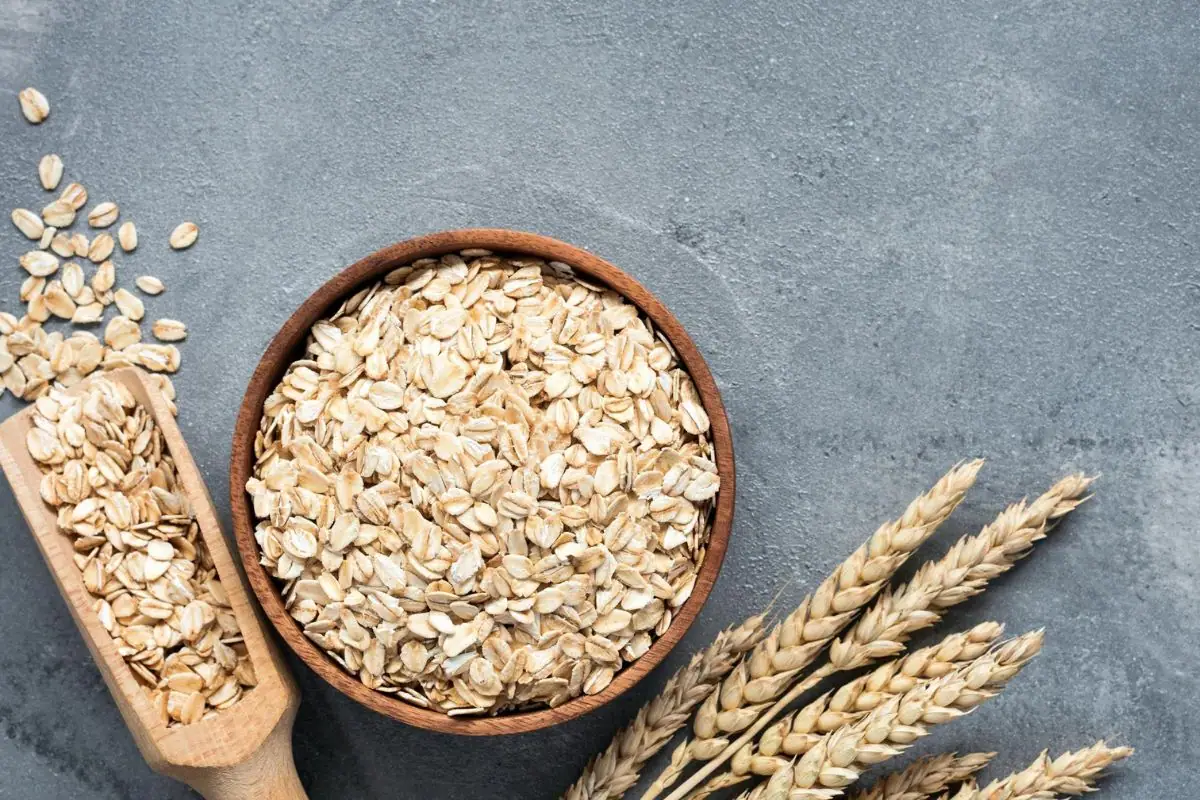
Advertisement
Barley and Other Whole Grains
Barley and whole grains share a similar cholesterol-lowering effect to oats, thanks to their rich soluble fiber content. Incorporating these grains into your diet not only helps lower LDL cholesterol but also provides a sustained energy source, keeping you full and satisfied longer. This can indirectly support weight management, a crucial aspect of maintaining healthy cholesterol levels. Regular consumption of whole grains like barley has been linked to a lower risk of heart disease, showcasing their broad health benefits.
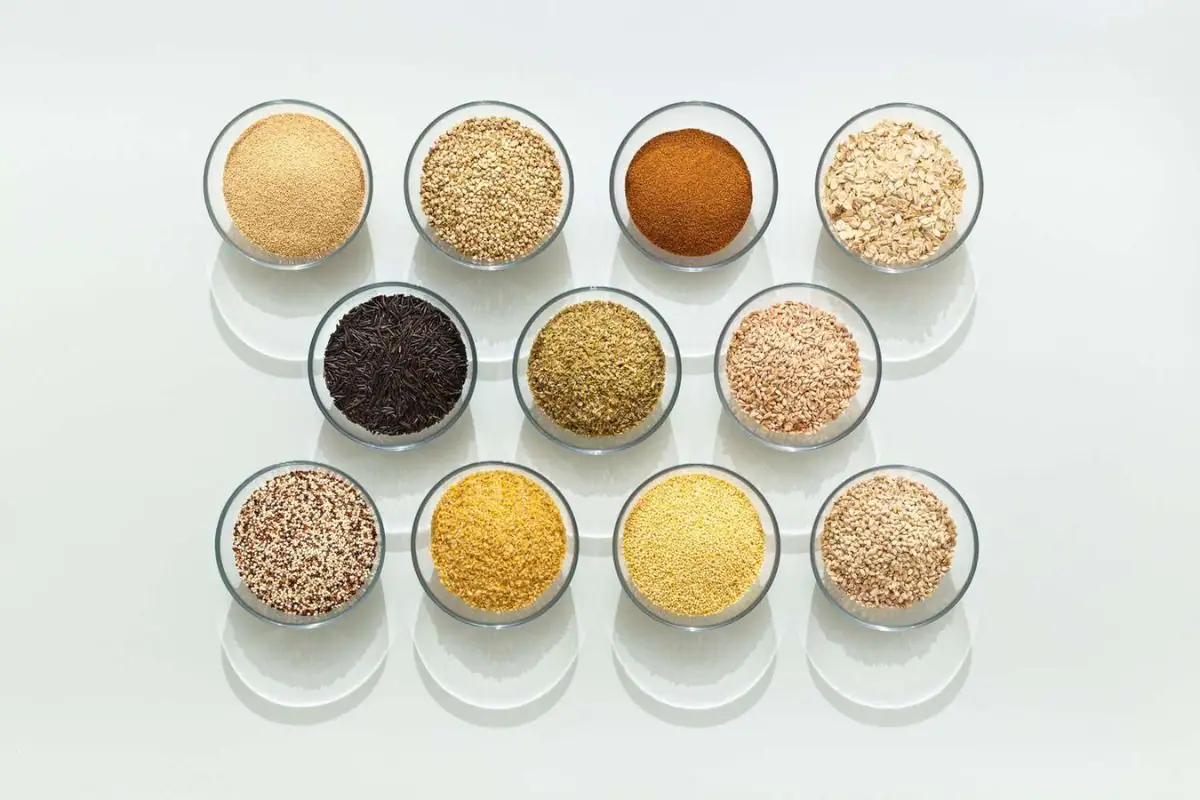
Advertisement
Beans
Beans are a versatile and nutrient-dense food, ideal for anyone aiming to lower their cholesterol naturally. Their high soluble fiber content slows down digestion and absorption, which helps manage cholesterol levels effectively. Including a variety of beans in your diet can also promote satiety, reducing overall calorie intake and supporting weight loss efforts. From black beans to lentils, the diversity of beans available ensures that you can enjoy different flavors and textures while reaping significant health benefits.
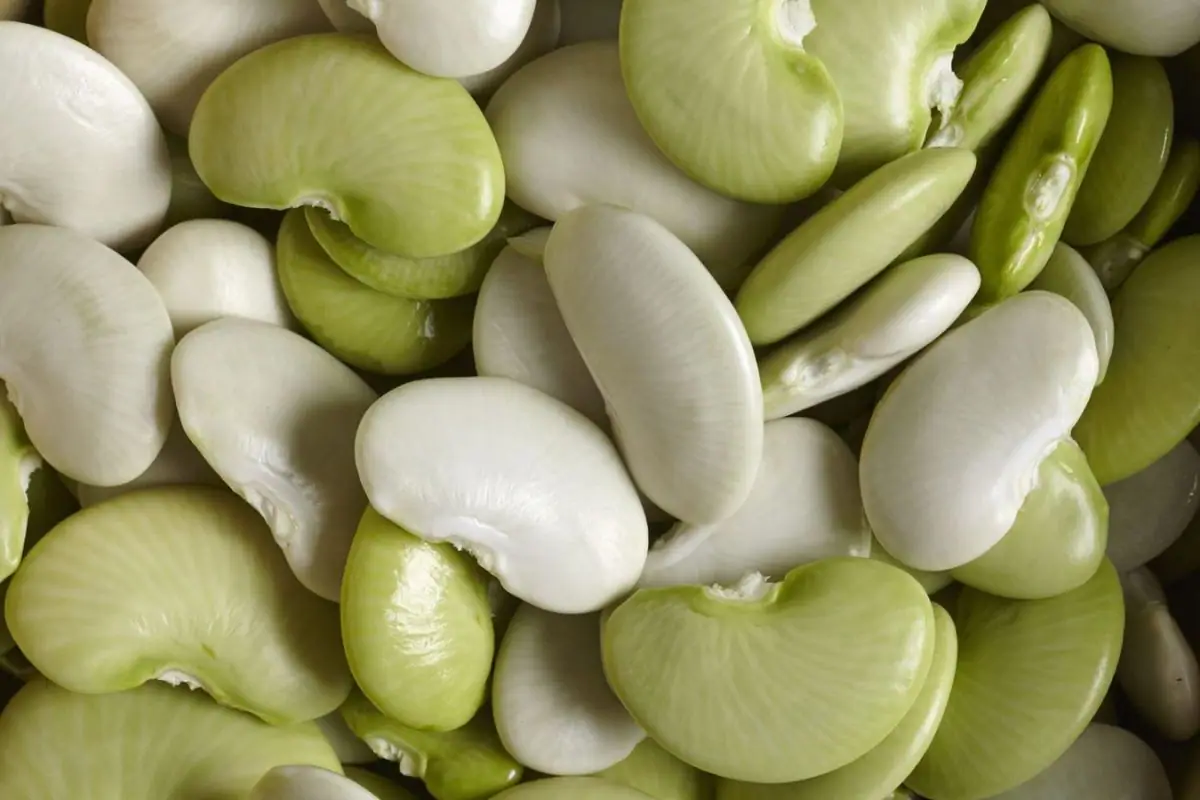
Advertisement
Eggplant and Okra
Eggplant and okra are vegetables high in soluble fiber, which plays a key role in lowering LDL cholesterol. Their low-calorie profile makes them excellent additions to a cholesterol-lowering diet. Incorporating these vegetables into meals can enhance dietary diversity without adding excessive calories, supporting overall heart health. The fiber in eggplant and okra binds with cholesterol in the digestive system, helping to remove it from the body before it can circulate in the bloodstream.
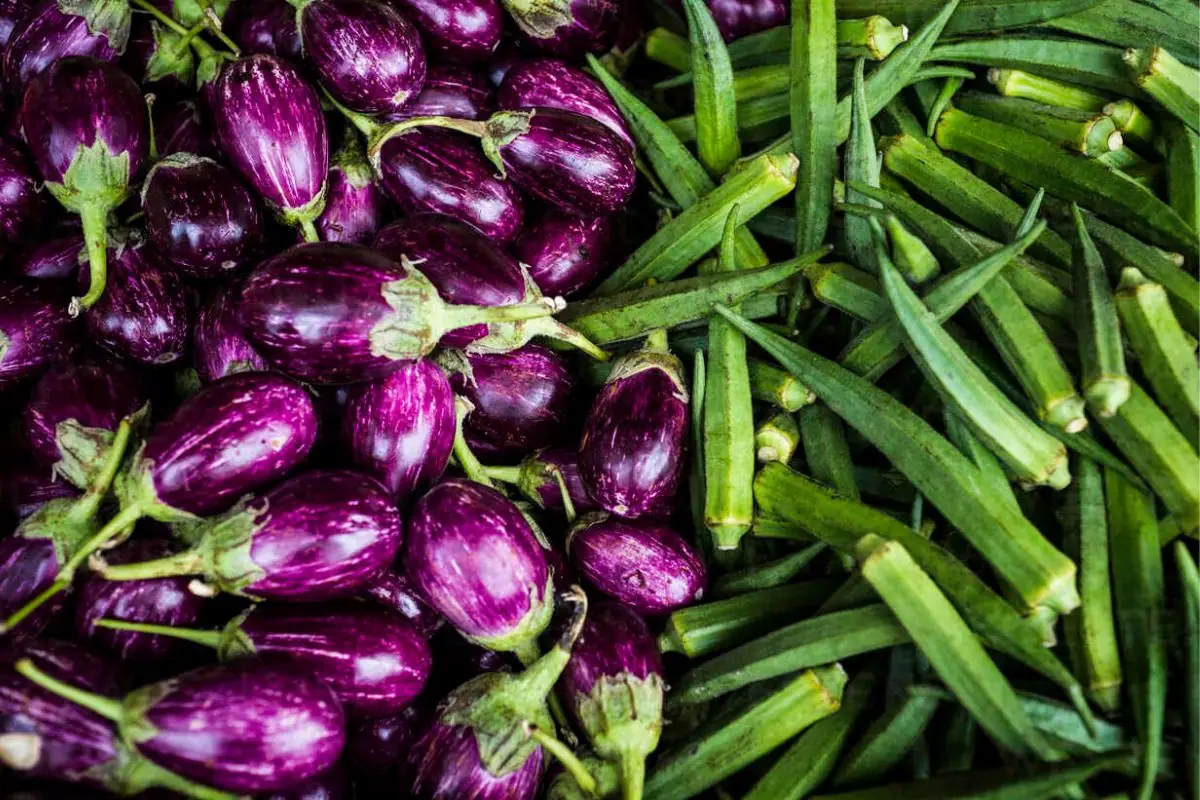
Advertisement
Nuts
Nuts, such as almonds and walnuts, are rich in monounsaturated and polyunsaturated fats, which contribute to lowering LDL cholesterol and improving heart health. Eating a small handful of nuts daily can also provide essential nutrients like vitamin E, magnesium, and selenium. While nuts are calorie-dense, their healthy fats, fiber, and protein content can help with satiety, making them a smart snack choice for cholesterol management and overall well-being.
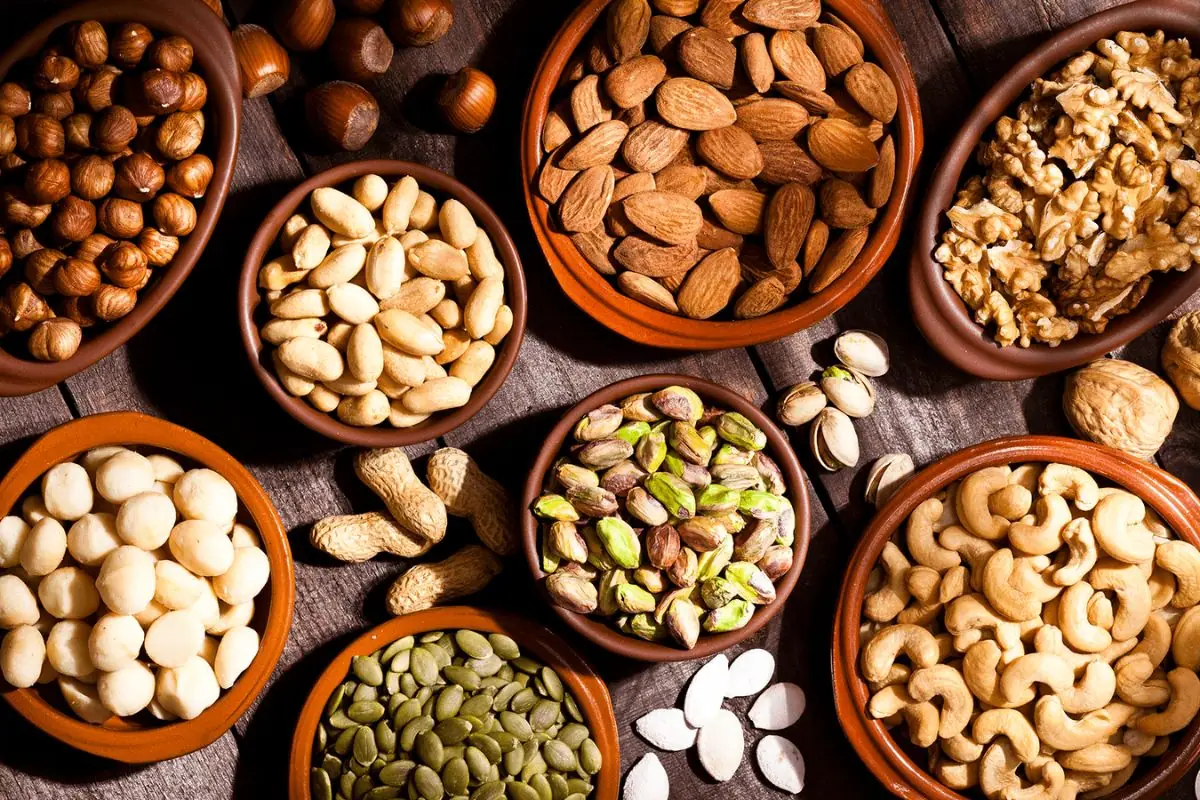
Advertisement
Vegetable Oils
Replacing saturated fats found in butter and lard with liquid vegetable oils like olive, canola, and sunflower oil can significantly reduce LDL cholesterol. These oils are high in unsaturated fats, which are known to have a positive effect on heart health. Cooking with these oils instead of solid fats can be an easy and effective way to improve your cholesterol levels and protect against heart disease.

Advertisement
Apples, Grapes, Strawberries, Citrus Fruits
Fruits such as apples, grapes, strawberries, and citrus are excellent sources of pectin, a type of soluble fiber that helps lower LDL cholesterol. These fruits not only add sweetness and variety to your diet but also pack a powerful punch of antioxidants and other nutrients beneficial for heart health. Regular consumption can contribute to a reduction in cholesterol levels and provide a natural defense against cardiovascular diseases.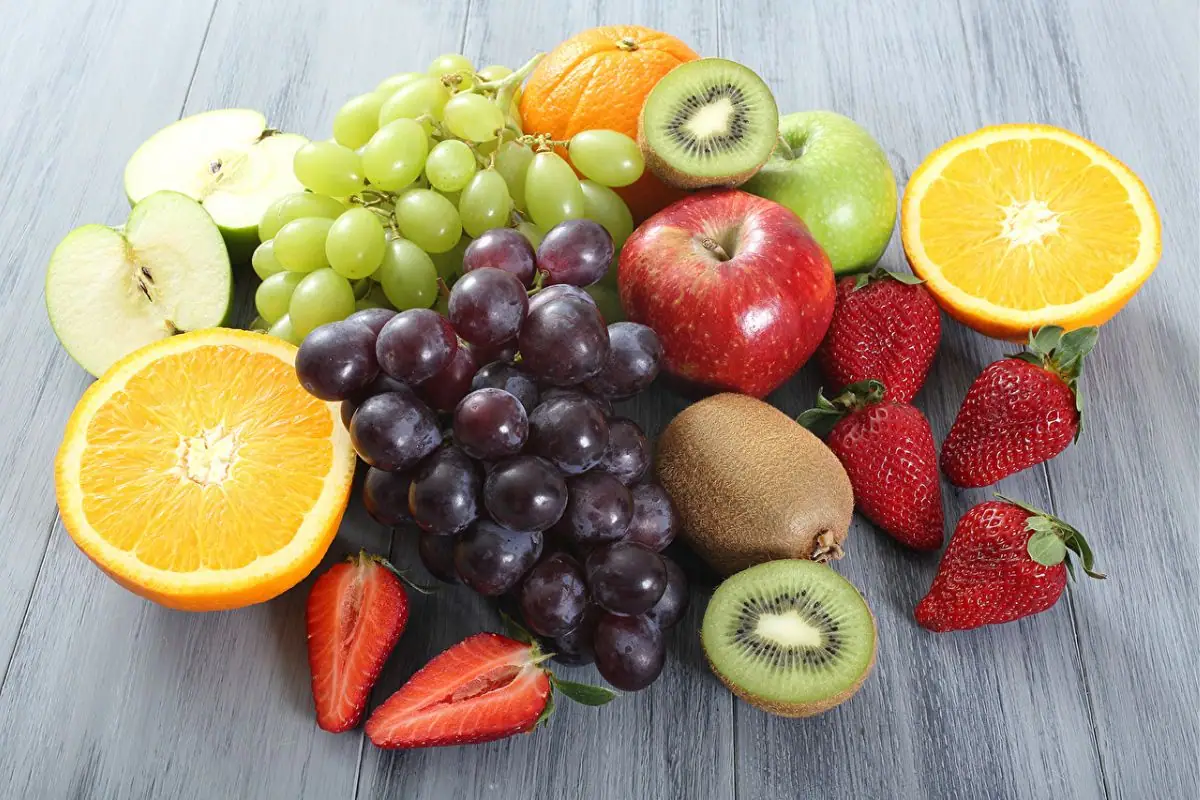
Advertisement
Foods Fortified with Sterols and Stanols
Sterols and stanols are plant compounds that can block the absorption of cholesterol in the digestive system, leading to lower blood cholesterol levels. Many foods, including some margarines, orange juices, and yogurt drinks, are now fortified with these compounds. Incorporating these fortified foods into your diet can be an effective strategy to reduce cholesterol without significant dietary changes.

Advertisement
Fatty Fish
Fatty fish like salmon, mackerel, and sardines are rich in omega-3 fatty acids, known for their ability to lower LDL cholesterol and reduce inflammation. Consuming fatty fish several times a week can replace sources of saturated fats (found in red meat), contributing to a healthier heart. Omega-3s also support brain health, making fatty fish a smart choice for overall wellness.
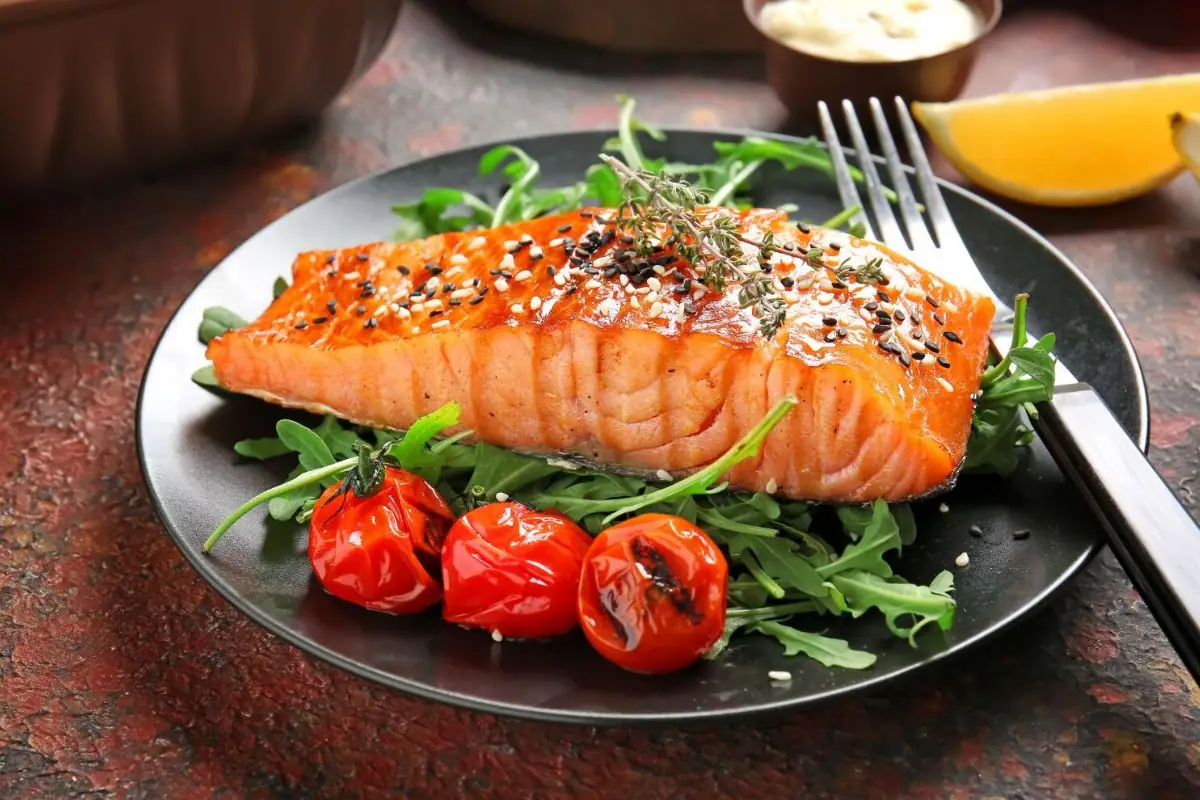
Advertisement
Fiber Supplements
For those struggling to get enough soluble fiber from food alone, fiber supplements like psyllium can be an `effective alternative. These supplements help reduce the absorption of cholesterol into the bloodstream, lowering LDL levels. Incorporating a fiber supplement into your daily routine, along with a balanced diet, can enhance cholesterol management efforts.
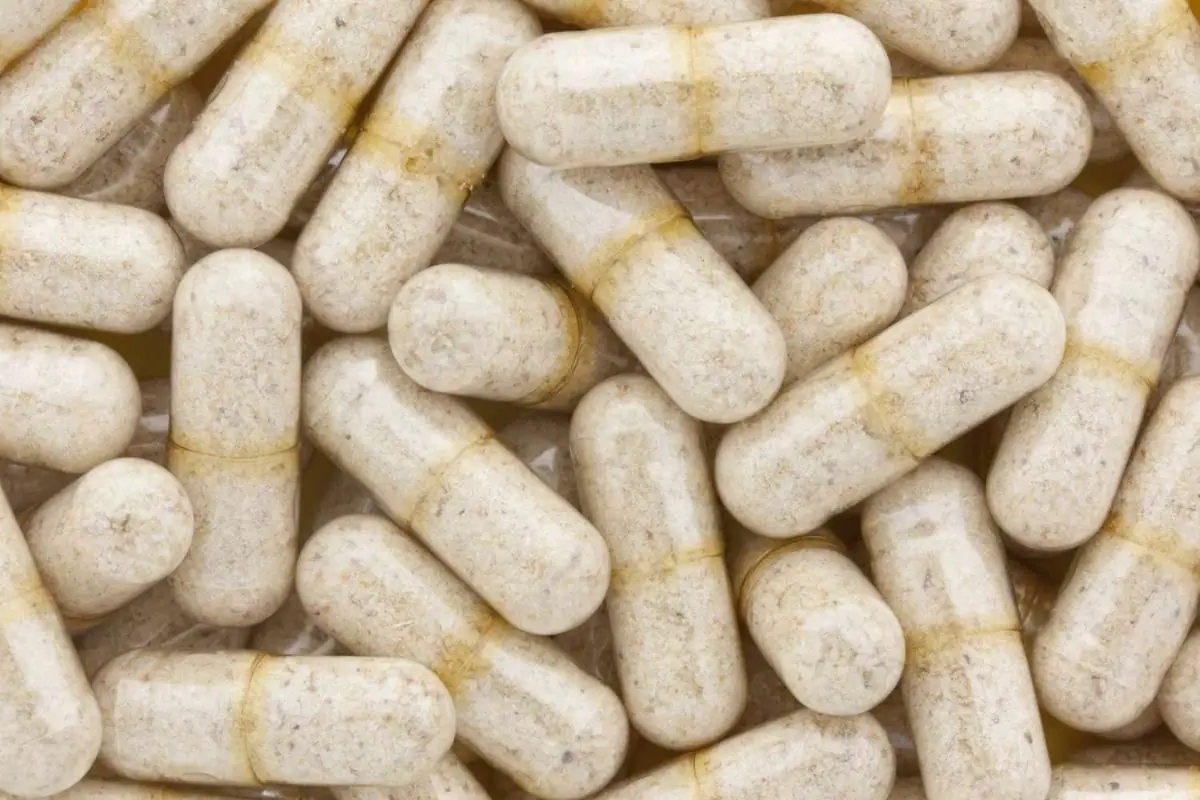
Advertisement
Soy
Soy products, including tofu and soy milk, offer a plant-based protein alternative that can modestly reduce LDL cholesterol. Replacing high-saturated fat meats with soy can contribute to a healthier lipid profile. Soybeans and their derivatives are versatile ingredients that can be easily incorporated into various dishes, making them a practical option for improving dietary habits.
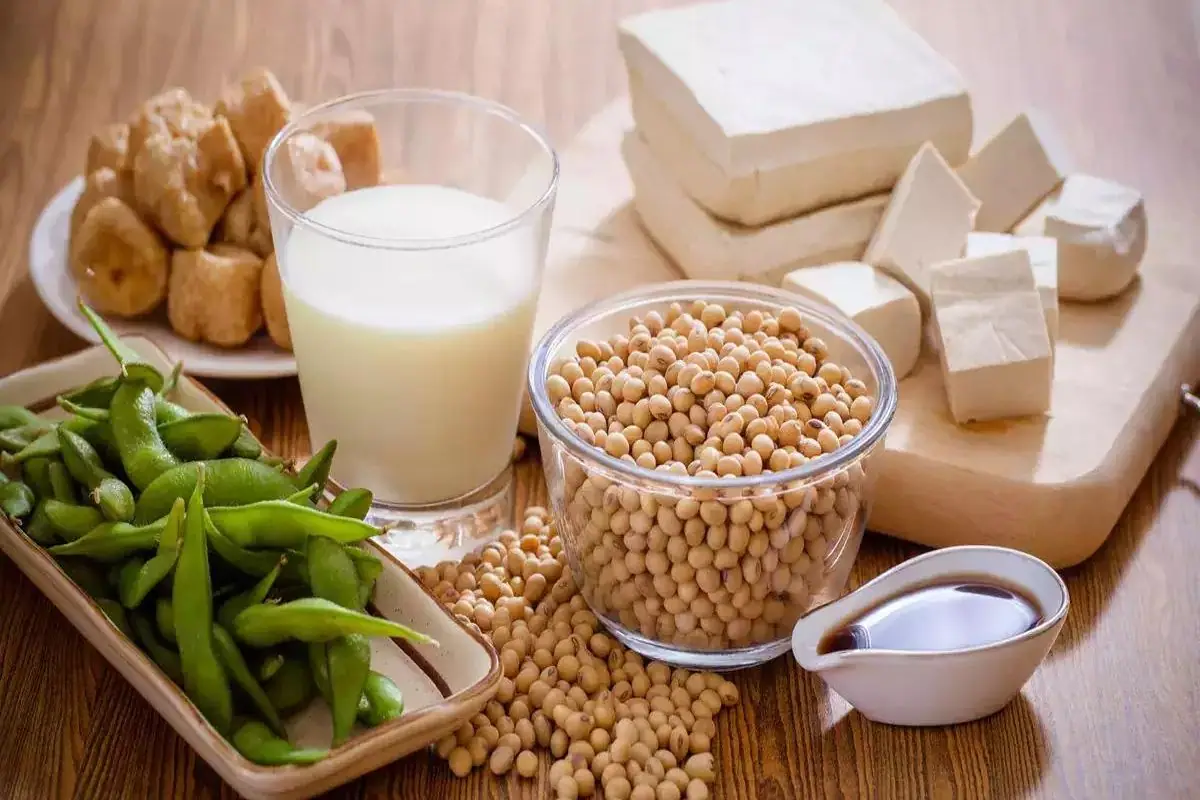
Advertisement
Garlic
Garlic is not only a flavorful addition to meals but also has potential health benefits, including a modest ability to lower cholesterol levels. Its active compounds, such as allicin, have been studied for their effects on cardiovascular health. Regular consumption of garlic, in its raw form or as a supplement, can support heart health by contributing to lower cholesterol levels.
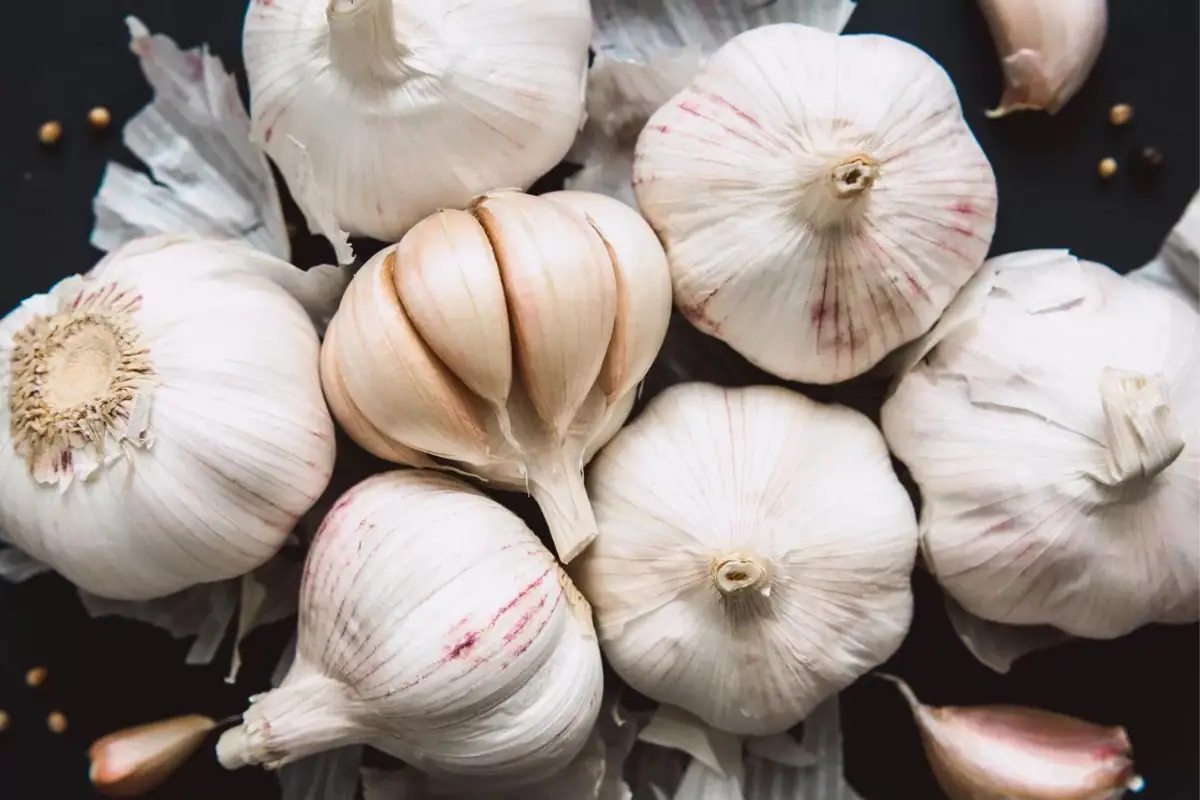
Advertisement
Avocados
Avocados are a nutrient-dense fruit, high in monounsaturated fats and fiber, both of which are beneficial for lowering LDL cholesterol and raising HDL (good) cholesterol. Their creamy texture and rich flavor make avocados a versatile food that can be added to salads, sandwiches, or consumed on their own. Regular intake of avocados as part of a balanced diet can support heart health and cholesterol management.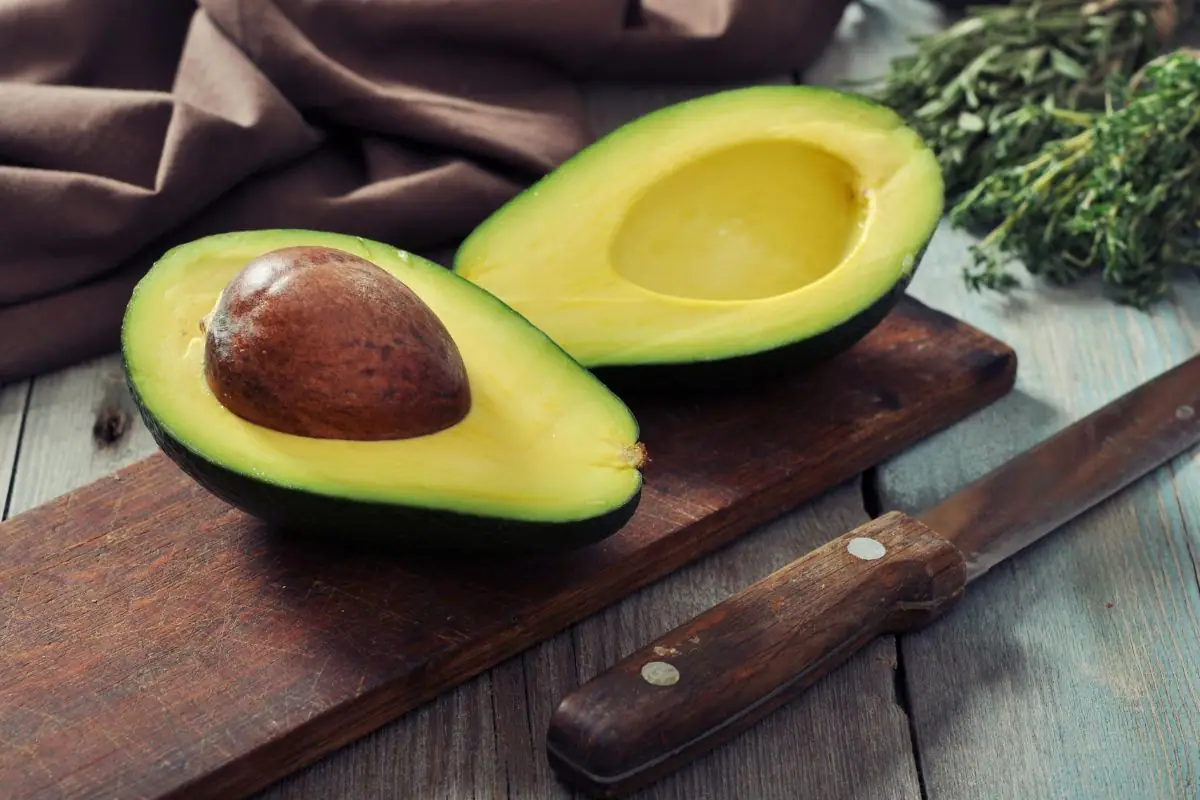
Advertisement
Red Wine
Moderate consumption of red wine has been associated with increased levels of HDL cholesterol, thanks to its high content of polyphenol antioxidants. However, it's important to consume red wine in moderation, as excessive alcohol intake can have adverse health effects. Enjoying a glass of red wine with meals can be part of a heart-healthy lifestyle when done responsibly.

Advertisement
Dark Chocolate and Cocoa
Dark chocolate and cocoa are rich in flavonoids, antioxidants that can help lower LDL cholesterol. Opting for dark chocolate with a high percentage of cocoa offers the greatest health benefits. While dark chocolate can be part of a heart-healthy diet, it's important to consume it in moderation due to its calorie and sugar content.
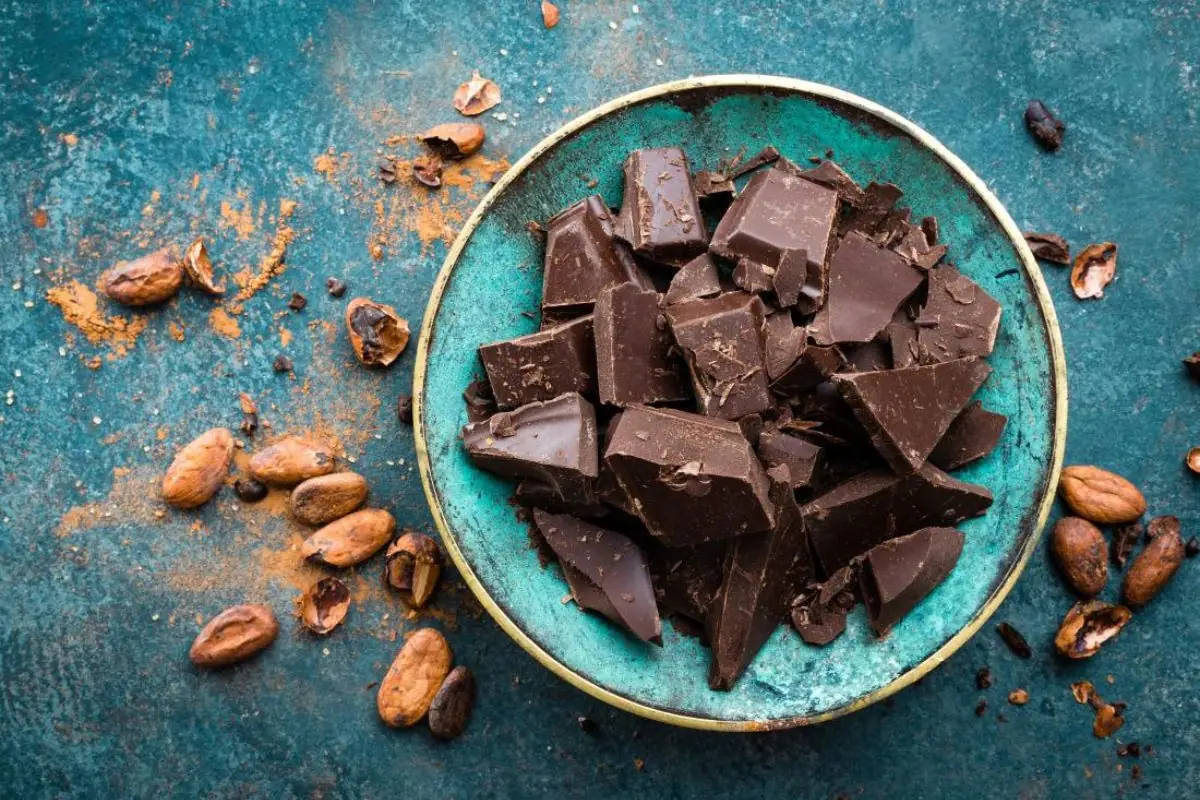
Advertisement
Purple Produce
Purple fruits and vegetables, such as blueberries, purple grapes, and beets, are high in antioxidants that can help reduce LDL cholesterol and promote heart health. Their vibrant colors come from anthocyanins, compounds known for their cholesterol-lowering effects. Including a variety of purple produce in your diet can enhance its nutritional value and support cardiovascular wellness.

Advertisement
Green Tea
Green tea is celebrated for its catechins and other antioxidants, which have been shown to lower LDL cholesterol levels. Regular consumption of green tea can complement a cholesterol-lowering diet, offering a soothing beverage option that supports heart health. Whether enjoyed hot or cold, green tea can be a beneficial addition to your daily routine.

.png)




